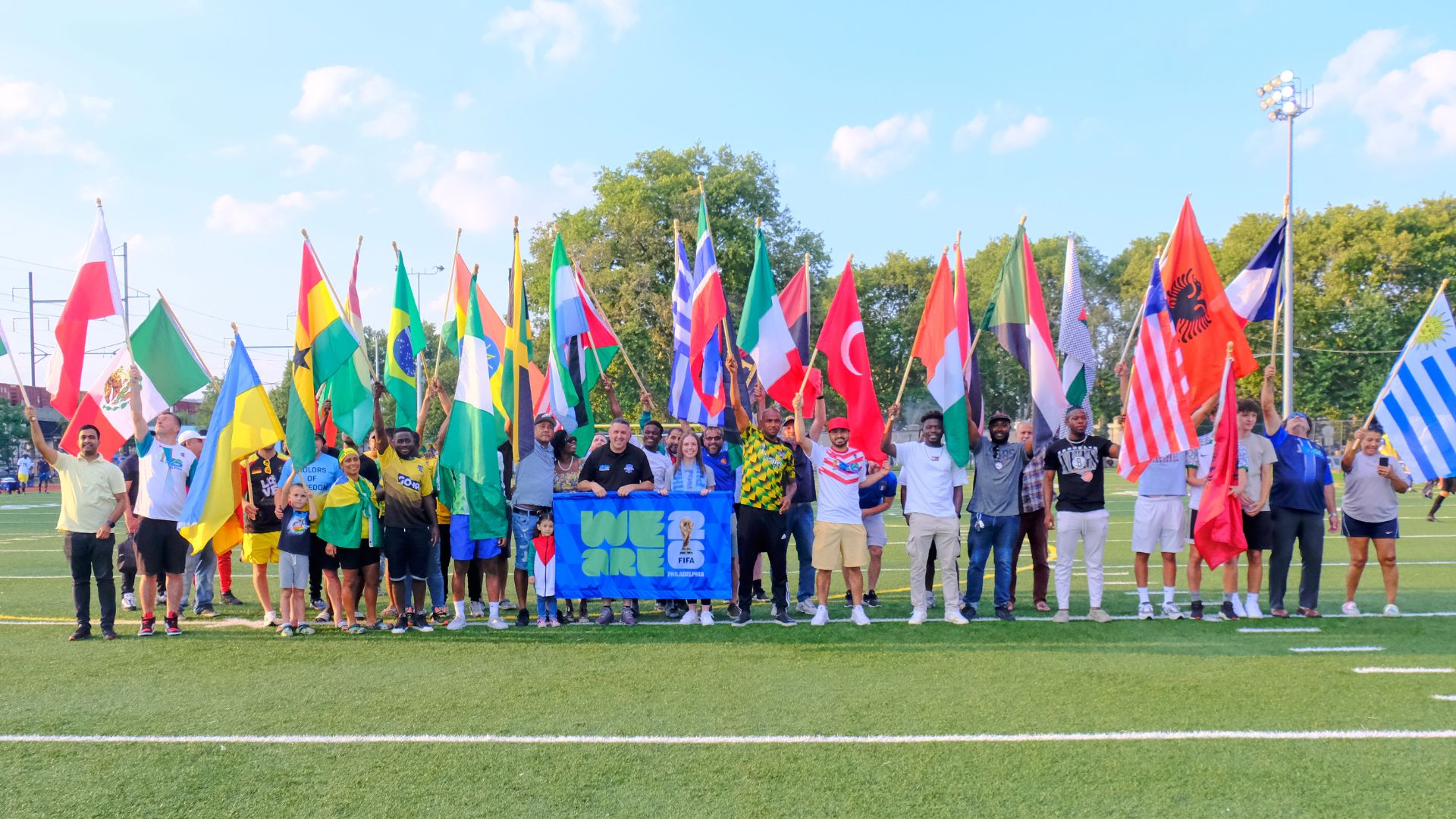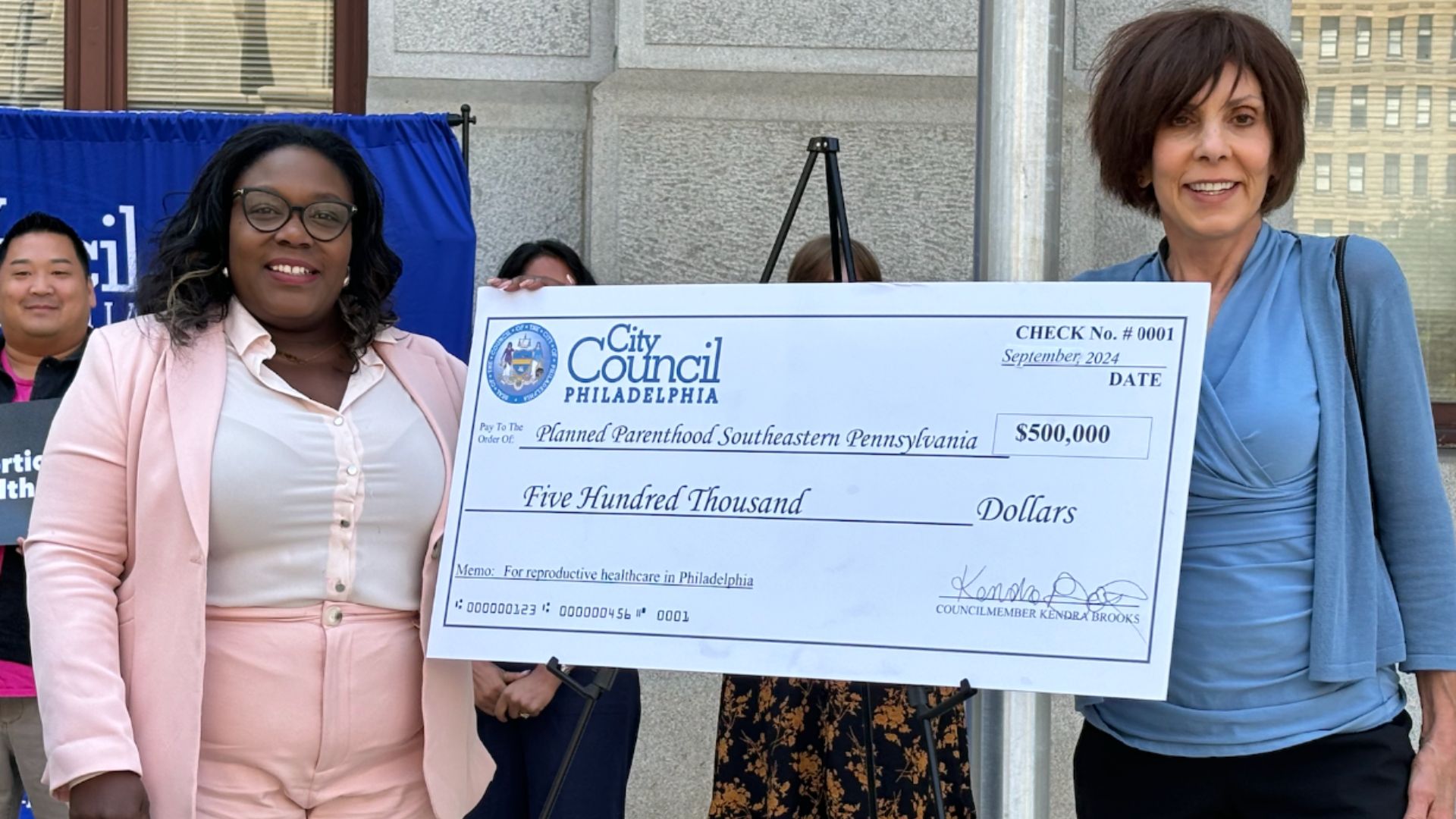Philadelphia Settles Lawsuit with Ghost Gun Distributors
Philadelphia has announced a settlement agreement in its lawsuit against major ghost gun distributors, Polymer80, Inc. and JSD Supply. The city will receive $1.3 million in compensation over four years, and the distributors will cease ghost gun sales within Philadelphia.
The lawsuit, filed by the City of Philadelphia Law Department along with GIFFORDS Law Center to Prevent Gun Violence and the Hausfeld law firm, accused the distributors of contributing to the gun violence crisis by illegally distributing unserialized ghost gun kits in Philadelphia.
In response to the settlement, Mayor Cherelle L. Parker emphasized its significance for public safety efforts. She highlighted that the agreement prohibits the two largest distributors from marketing ghost gun parts in Philadelphia, marking a significant win for the city’s safety initiatives.
City Solicitor Renee Garcia addressed the dangers posed by ghost guns, stressing the ease with which these firearms can be assembled without background checks, leading to devastating consequences in communities.
David Pucino, Legal Director and Deputy Chief Counsel at GIFFORDS Law Center, praised the settlement as a crucial step in keeping ghost guns out of Philadelphia neighborhoods. He underscored the importance of holding the gun industry accountable for endangering Americans.
Police Commissioner Kevin J. Bethel applauded the agreement for making it harder for criminals and juveniles to access these deadly weapons. He highlighted the challenges faced by law enforcement in dealing with ghost guns, which are easily obtained online or through private sellers without background checks.
Council President Kenyatta Johnson, who had previously worked on legislation to combat ghost guns, commended the administration for reaching the settlement. He reiterated his commitment to reducing the prevalence of ghost guns in Philadelphia.
The settlement aims to mitigate the harm caused by these untraceable firearms, which have been increasingly recovered in criminal investigations involving drugs, juvenile possession, intimate partner violence, and suicides, where firearm access plays a crucial role in mortality rates.




